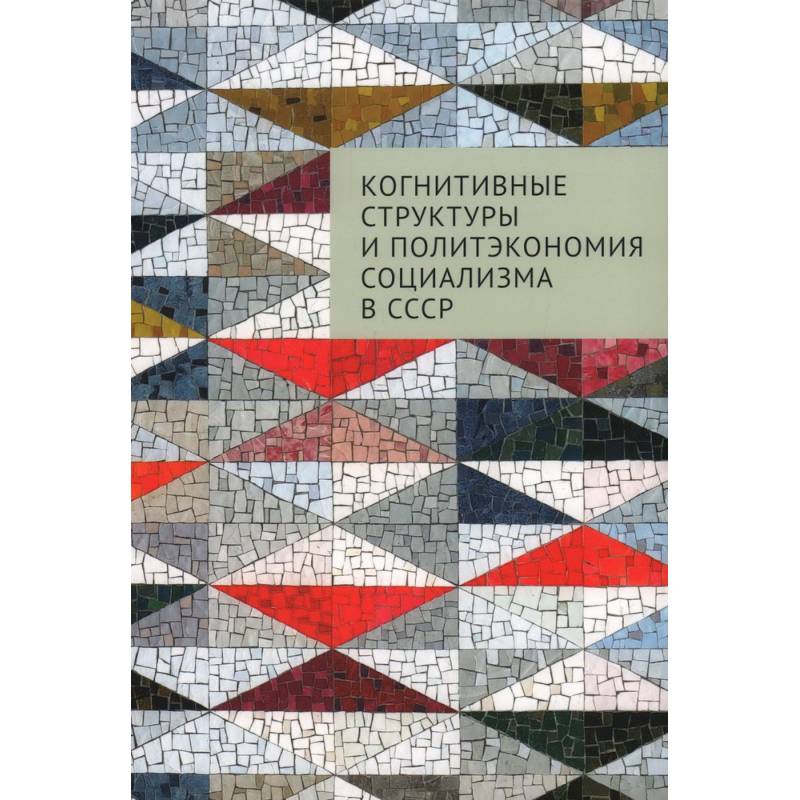Cognitive structures and political economy of socialism in the USSR
Please sign in so that we can notify you about a reply
The work presents a retrospective of the evolution of the economic theory of the USSR in the second half of the twentieth century. In the light of discursive analysis, discussions about socialism in the 1950-1960s, were conducted not only by economists, but also by philosophers. In many ways, forgotten disputes had a great influence on the speech practices of communist leaders, determining the rather strict boundaries of the possible reform of the Soviet economy. A critical analysis of discussions is given around the main concepts of socialism: public property, systematicity, value and commodity-money relations, systems of optimal functioning of the economy, Asian production method, and the cognitive dead end of the political economy of socialism in the 1970s. He was associated with logical contradictions in determining state property, which was known in ancient times: the Asian way of production with which part of the Marxists identified socialism, preceded capitalism, and not replaced the latter. A wide palette of the views of Soviet and foreign historians on the reasons for the collapse of the USSR leaves the possibilities of interpretations of the results of a socialist experiment in Russia open
Cover:
Cover:Hard
Category:
- Category:Biographies & Memoirs
- Category:History & Geography
- Category:Culture
- Category:Social Science & Politics
Publication language:
Publication Language:Russian
Paper:
Paper:Offset
Age restrictions:
Age restrictions:16+
ISBN:
ISBN:978-5-00165-597-8
No reviews found
